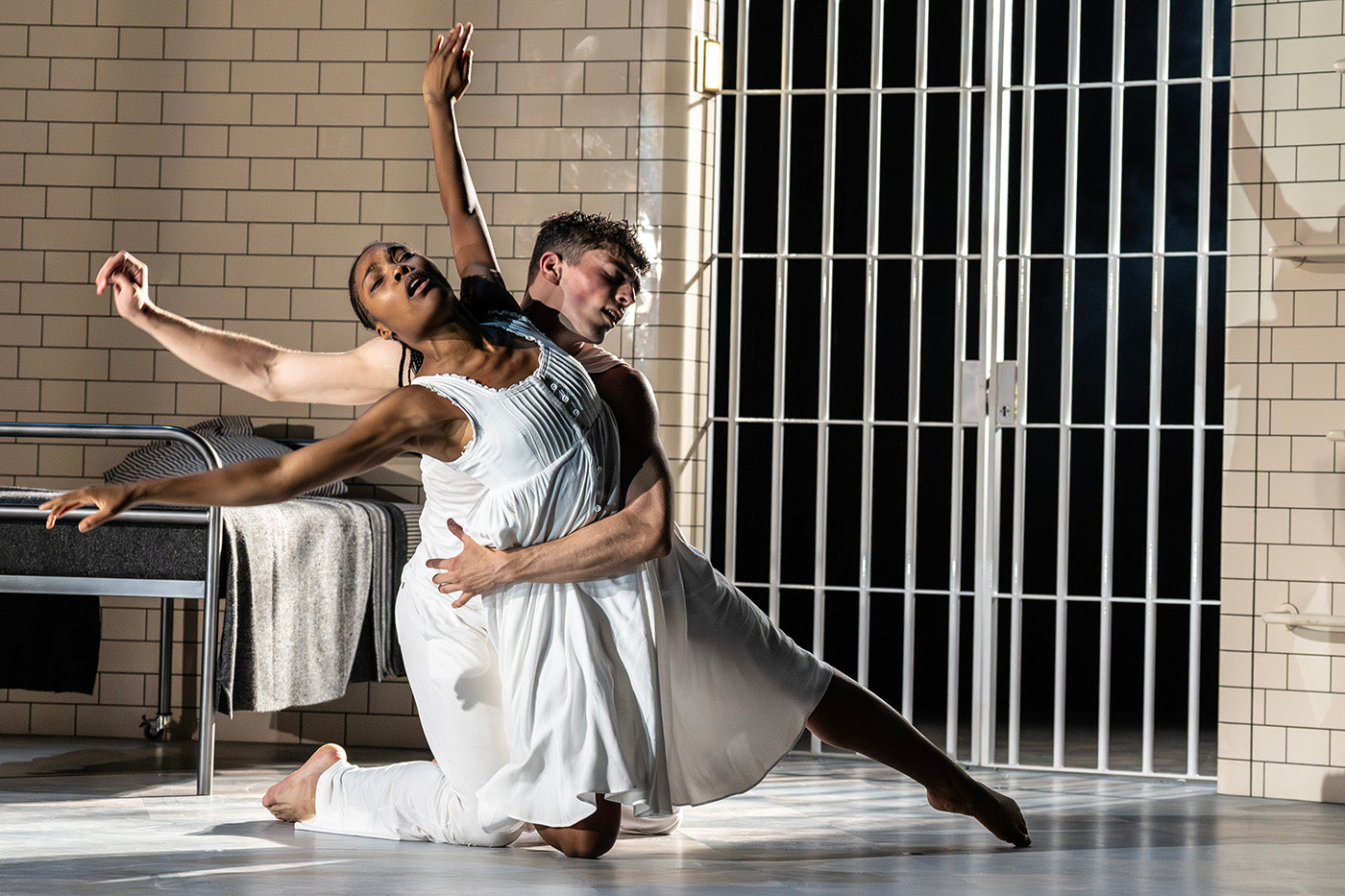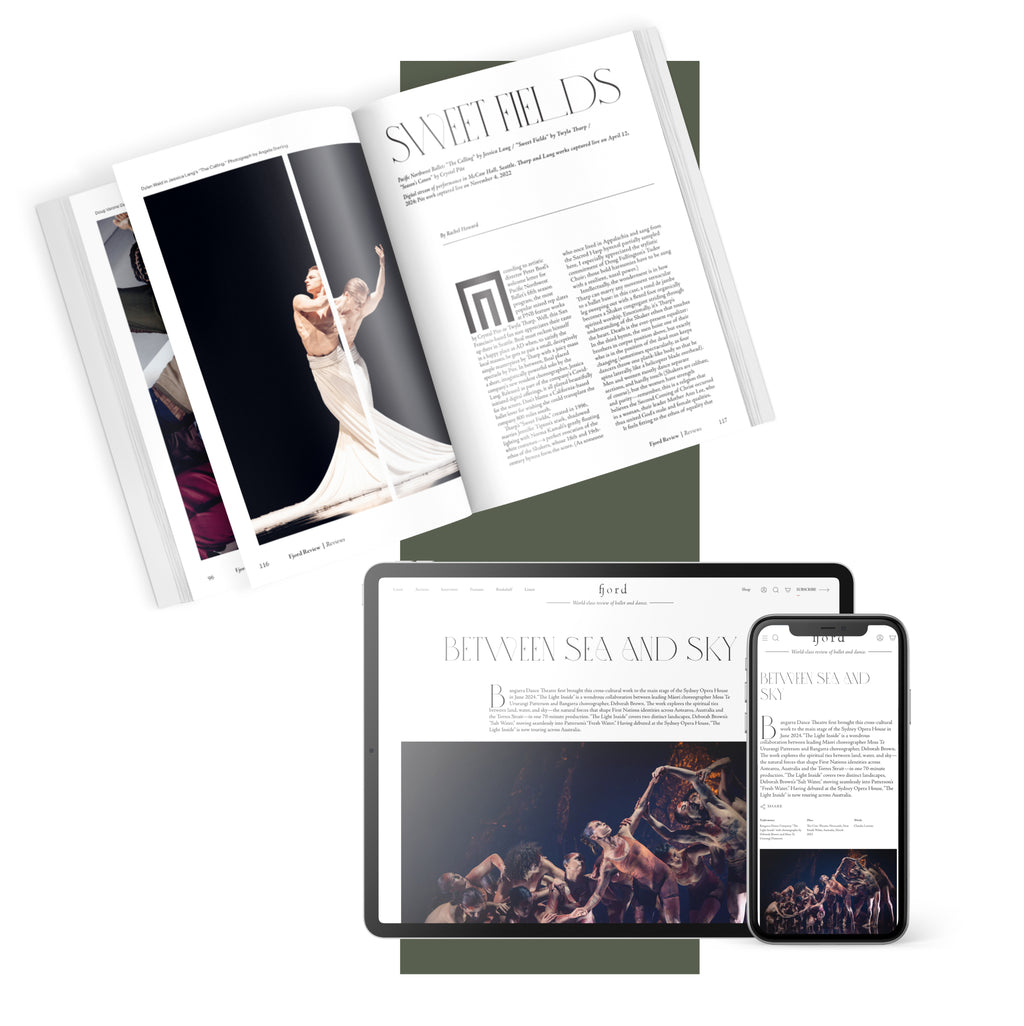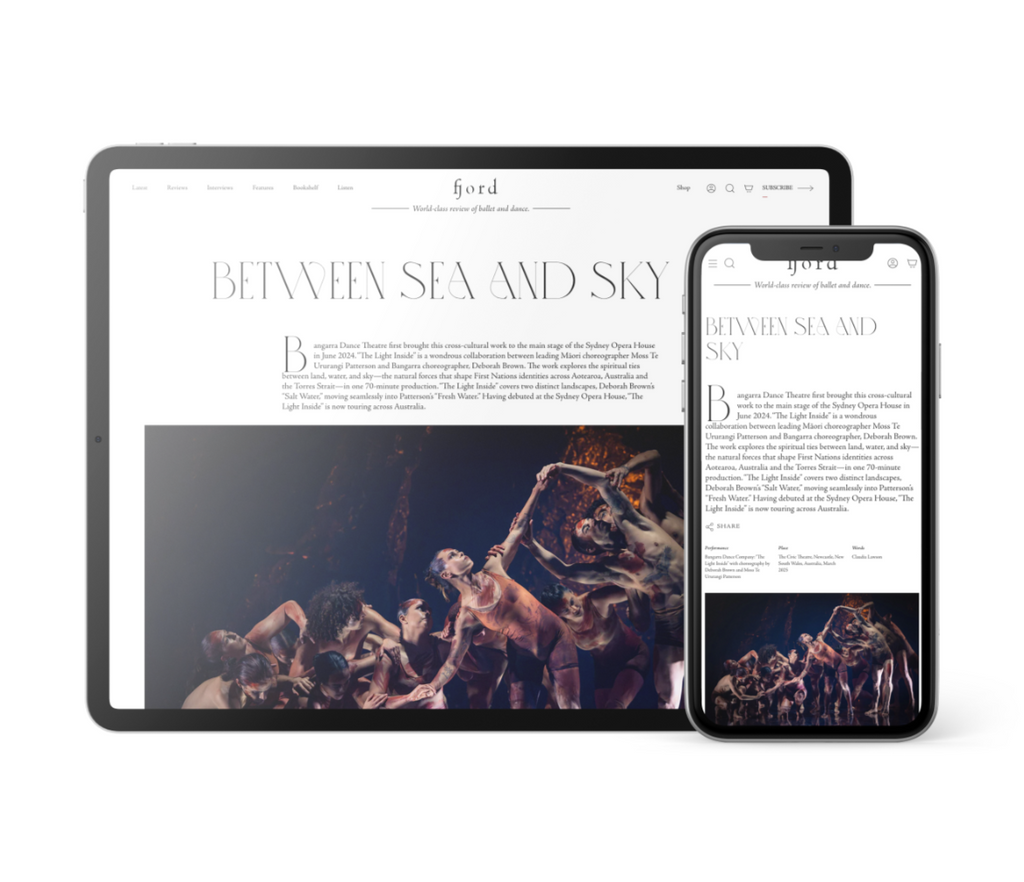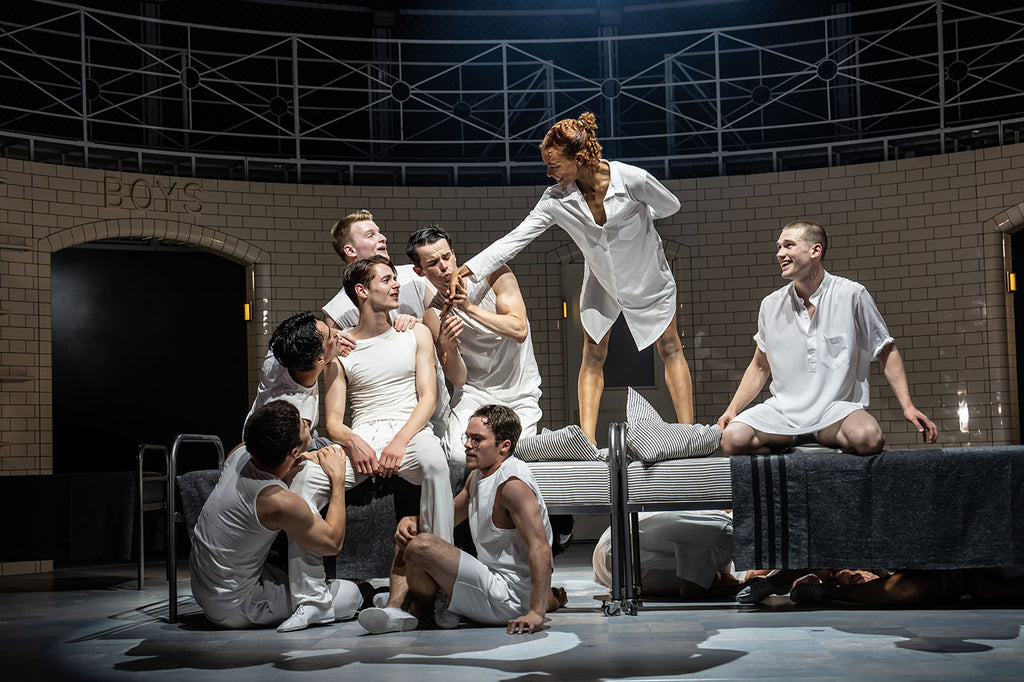Dancing and Screaming Against the Sky
“Profanations,” created by choreographer Faustin Linyekula and music artist Franck Moka, is not a “just” dance piece: it’s a live concert, a cinematic séance.
Continua a leggere
World-class review of ballet and dance.
Watching Matthew Bourne's reworked version of the “star-cross'd lovers,” I was briefly reminded of Veronica, played by Winona Ryder, in the dark 1988 comedy by Daniel Waters and Michael Lehmann, Heathers, and her line, “my teen angst bullshit has a body count.” Yes, this is the darker side of Bourne's repertoire, and it pulls no punches.
Performance
Place
Words



“Uncommonly intelligent, substantial coverage.”
Your weekly source for world-class dance reviews, interviews, articles, and more.
Already a paid subscriber? Login

“Profanations,” created by choreographer Faustin Linyekula and music artist Franck Moka, is not a “just” dance piece: it’s a live concert, a cinematic séance.
Continua a leggereWhen Alban Lendorf (b. 1989) was four, he became attentive to the piano. As he explained in an interview with Pointe magazine, when his lessons advanced to the learning of a Chopin waltz, his piano teacher suggested he take dance classes to help open up the music. From the school of The Royal Danish Ballet to the company, his career rocketed forward; by the time he turned twenty-one, he was a principal dancer, still playing the piano and testing a latent gift for acting.
Continua a leggereMarie Antoinette is not an entirely sympathetic character. Her penchant for luxury and extravagance—and the degree to which she was out of touch with the lives of the majority— made her a symbol of the wealth disparity that prompted the French Revolution.
Continua a leggereAscending the Guggenheim Museum's rings through Rashid Johnson's retrospective, “A Poem for Deep Thinkers,” is a dance in of itself.
Continua a leggere
comments